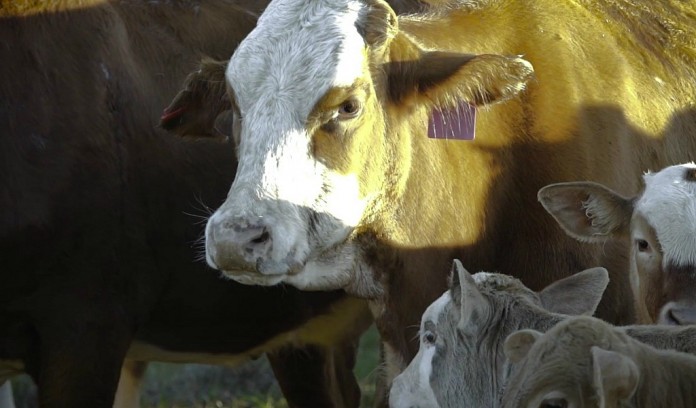By Susan Crowell
You’ve probably all heard or read about the “Know Your Farmer” movement (it’s actually the name of a USDA outreach program too). The idea is that consumers want to know where their food comes from, and even better if they can put a farmer’s face with that food.
I applaud that and have been encouraging (OK, so sometimes I was browbeating) readers to get off their farms to talk to consumers, too. The exchange of information and connections yields more positive results than negative, in my opinion.
Now, consumers not only want to know their farmer, they want to know their cows or pigs, too. And when I say they want to know them, they want to know that food chain every link of the way — where the animal came from, where it was born, where it was raised, where it was slaughtered and if it ate its Wheaties this morning.
I don’t have a problem with that. At all. But the latest trend is in “single-origin” cuts. Think individual cows or pigs going straight from the farm to a slaughterhouse where they are processed one at a time, then to the store, or straight to the consumer via mail order or online purchases. Sellers are creating new supply chains so that their customer knows the meat is from a single cow, or single hog.
I know, it’s not any different than buying freezer beef from someone you know or a local farmer who also direct markets. I get that. But if we’re talking mass markets, who’s buying the less-desirable cuts from that animal? These consumers aren’t buying a half or a quarter of an animal, they are buying specific cuts.
It’s a supply chain that’s pretty focused and pretty narrow. It’ll work for some retailers and consumers, but I’ll wager it’s on the high end of the price scale. In fact, an Oct. 6 Wall Street Journal article lists some of the going prices, like “Single Cow” ground beef patties at $10/pound from Amazon, and $8.50/pound for dry-age ground beef from Honest Beef Co. In comparison, the national average in August for ground beef prices was $4.25/pound.
Earlier this summer, Cargill Fresh Meat introduced its Pasture Crafted Beef brand, offering cuts that are “grass fed grain finished, guaranteed tender and traceable to birth on sustainably operated ranches.”
Here’s where I am conflicted: I am for anything — anything! — that increases prices for farmers, but I hate the divisive nature of splitting the food market into a premium niche that few consumers can afford and the place where the rest of us shop. If you’re just trying to afford protein for your family’s table, you might not be too concerned that it all came from a South Dakota steer named Steve.
Writing about the issue in Drover’s, Dan Murphy says it best:
“Most people can’t afford to shop for ground beef online, and the economics of such product lines preclude any movement into mass merchandising for the foreseeable future.
“But the implication that supermarket beef costs less because it’s worth less could definitely become conventional wisdom, a development with far greater impact than any new wrinkle in direct marketing.”
– – –
Speaking of knowing where your meat comes from, Steve Miner, of Miner’s Tractor Sales, shared a letter he received this summer from a local 4-H’er who was drumming up some buyer support for a hog that would be sold at the county fair. He loved it, and we loved it, too, so we’re sharing parts of it here, spelling and all!
“…This is my first year showing a pig and I’m 10 years old. Also this year has been super hard so pls buy my pig, altho this year he din’t listen that great, but mabee he will listen when you say I want bacon for breakfast. … She will taste very good, she might even taste like candy because I fed her marshmellows.”
The letter worked, and Miner bought the hog. I’m still waiting to hear if the bacon tasted extra sweet.













